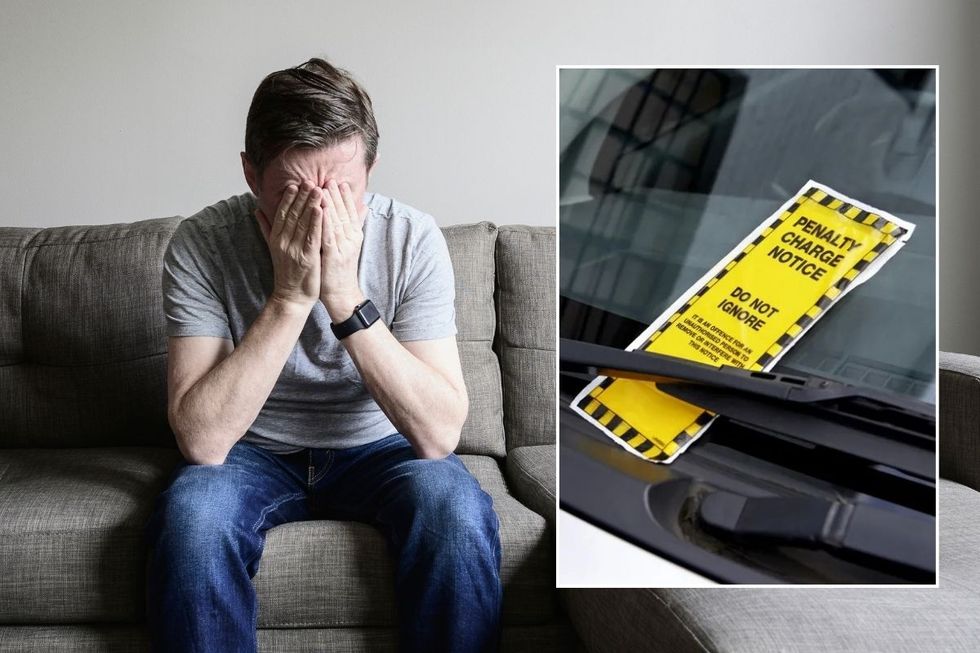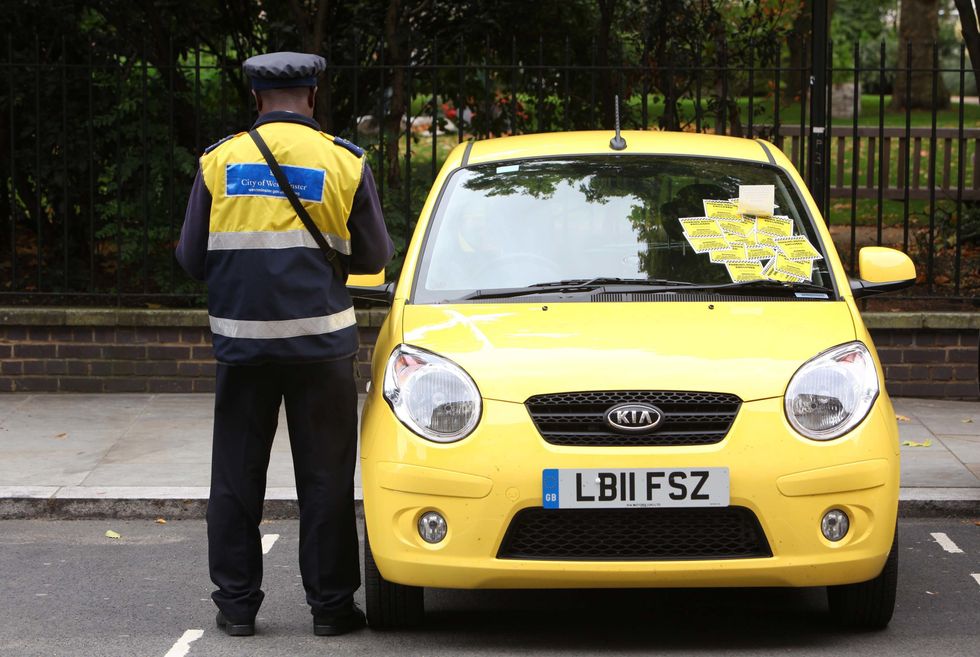British drivers claiming mental health conditions as excuses to appeal parking and traffic fines
Motorists in London are routinely claiming that their mental health conditions mean they should be granted an exemption from being slapped with parking fines.
In 2024, London Councils’ Transport and Environment Committee reported a slight decrease” in the number of appeals received from parking, bus lane moving traffic, lorry control, litter and waste, and Direct Vision Standards fines.
The Traffic Management Act 2004 dictates that refused appeals may be returned to the enforcement authority by the Adjudicator for the consideration of “compelling reasons”.
In the most recent report, the Adjudicators reported that there had been a rise in the frequency of people claiming that “their mental health conditions mean that they should not be made liable for the penalty”.
Do you have a story you’d like to share? Get in touch by emailing motoring@gbnews.uk

The Tribunal and Adjudicators stated that they should offer reasonable adjustments in the appeal process.
However, it added: “There is very limited scope to argue that a diagnosed mental (or physical) health condition should lead to the cancellation of a penalty.
“Adjudicators think that authorities need to address these claims in the Notices of Rejection.”
It reported that the majority of people claiming mental health as a reason for their appeal were referring to conditions which require the DVLA to be notified.
Despite this, the Transport and Environment Committee said there was an absence of information that DVLA had been informed or that the impact of the condition had been discussed between the driver and the doctors.
The report continued, saying: “It is not the Adjudicators’ role to determine whether a person is medically fit to hold a driving licence.
“On the other hand, Adjudicators are unlikely to be persuaded that a medical condition can amount to a defence to the contravention when a person with the condition should not be driving in the first place.”
Motorists are required to tell the DVLA if they develop a “notifiable” medical condition or disability, or if their condition has worsened since they received their licence.
Potential “notifiable” conditions include diabetes, fainting, heart conditions, sleep apnoea, epilepsy, strokes or glaucoma.
Britons are warned that they could receive a fine of up to £1,000 if they do not tell the DVLA about the condition if it affects their ability behind the wheel.
In certain situations, drivers could even be prosecuted if they have an accident stemming from their condition which the DVLA has not been notified about.
Drivers are encouraged to find forms and questionnaires on the DVLA website regarding their conditions. They can also contact the DVLA if they are unsure what to do.
LATEST DEVELOPMENTS:
- Major car brands top list of best-selling vehicles in 2024 including Ford, BMW, VW and more – full list
- Electric scooter accident prompts urgent calls for crucial new riding laws – ‘Risk of death’
- Electric cars overtake petrol sales as British drivers ditch polluting vehicles – ‘Impressive progress’

A DVLA spokesperson said: “Road safety is our absolute priority. That’s why all drivers are legally obliged to notify the DVLA of the onset or worsening of a medical condition that could affect their fitness to drive.
“If a driver is unsure whether a medical condition may affect their driving they should discuss this with their doctor,” The Telegraph reported.

